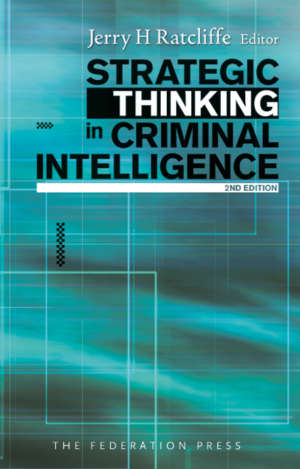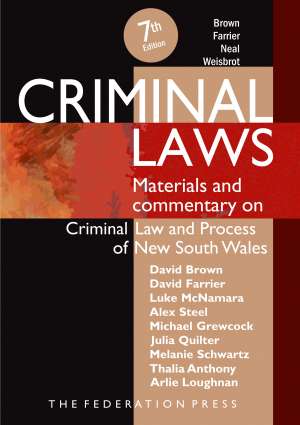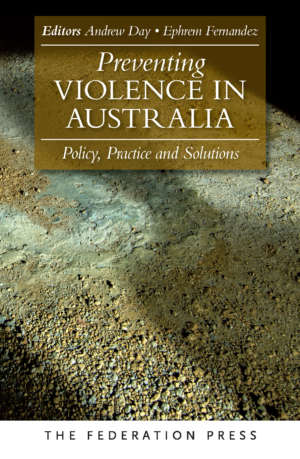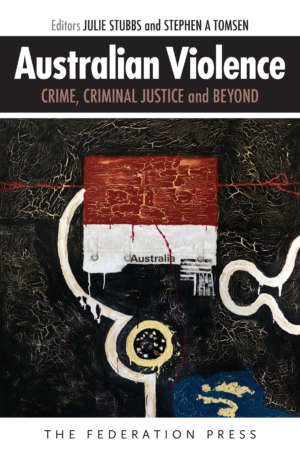Product Description
This Companion presents the major debates and issues in Critical Criminology. It presents new research on crime, policy and the internationalisation of the criminal justice system. It sheds light on traditional debates in critical criminology through a confronting analysis of contemporary developments in criminal justice and criminology.
This is the first textbook that brings together the major Australian and New Zealand theorists in Critical Criminology. The chapters represent the contribution of these authors in both their established work and their recent scholarship. It includes new approaches to theory, methodology, case studies and contemporary issues.
It traverses a range of debates including the criminalisation of Indigenous people, ethnic communities, the working class, rural communities and young people from critical perspectives, and introduces new concepts of state crime. It covers developments in the penal system that have responded to globalisation and neo-liberalism, particularly in law and order and anti-terror campaigns. This coverage is counterpoised by portrayals of resistance within the penal system and considerations of restorative justice.
The Companion is relevant to a broad range of courses and levels of study. It covers the major components of a Criminology course through a critical lens. It is a thorough introduction to concepts and critiques in criminology, as well as a provocative analysis of the assumptions underpinning the criminal justice system. Students, teachers and scholars in criminology, law and sociology will find this Companion invaluable.
Part I Theories and methodologies of critical criminology
Critical Criminological Research
Julie Stubbs
Culture, Critical Criminology and the Imagination of Crime
Alison Young
Class Analysis and the Crime Problem
Rob White
Psychologising Criminals and the Frankfurt School’s Critique
Thalia Anthony and Dorothea Anthony
Neo-Liberalism and Risk in Criminology
Pat O’Malley
Crime and Social Theory
Robert van Krieken
Part II Critical theory in action
Critical Reflections on Feminist Criminologies
Kerry Carrington
Masculinities, Crime and Criminalisation
Stephen Tomsen
Narrating the Chase: Edgework and Young Peoples’ Experiences of Crime
Mark Halsey
Ethnic Minority Immigrants, Crime and the State
Scott Poynting
Colonial Critique and Critical Criminology: Issues in Aboriginal Law and Aboriginal Violence
Harry Blagg
Part III Broadening definitions of crime and criminology
State Crime: Some Conceptual Issues
Mike Grewcock
Torture and Terror
Elizabeth Stanley
The New Criminals: Refugees and Asylum Seekers
Sharon Pickering
Hate Crime
Gail Mason
Dead Man Working? Critical Criminology, Human Rights and the Workplace
Barbara Ann Hocking and Scott Guy
Part IV Responses to crime
Key Issues in a Critical Approach to Policing
Jude McCulloch
Police Culture: A Brief History of a Concept
Janet Chan
Giving Voice: The Prisoner and Discursive Citizenship
David Brown
Understanding Prisoner Resistance: Power, Visibility and Survival in High-Security
Bree Carlton
Risk, Punishment and Liberty
Mark Brown
Penal Populism and the Contemporary Role of Punishment
John Pratt
Part V Future directions in critical criminology
Resisting a “Law and Order” Society
Russell Hogg
Understanding Restorative Justice Through the Lens of Critical Criminology
Chris Cunneen
Toward Constituting a Critical Criminology for Rural Australia
Garry Coventry and Darren Palmer
Globalised Crime and Governance: The Outcomes for Understanding International Criminal Justice
Mark Findlay
Index







